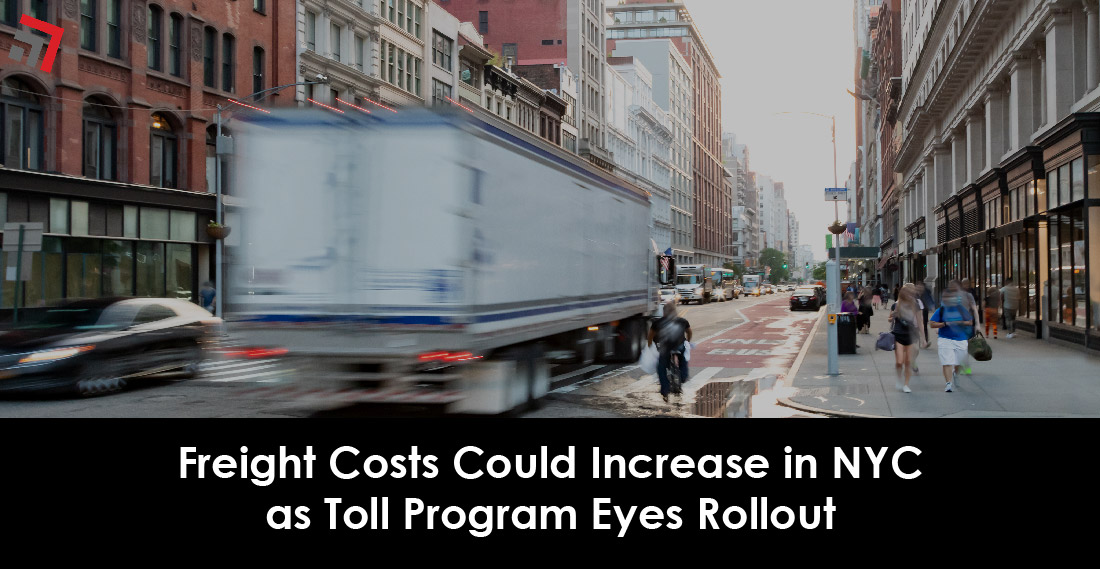Charging drivers a fee to enter New York City’s infamous gridlock has been a plan in the making for over the past five years. However, it may soon become a reality.
In a Nov. 14 press release, New York Governor Kathy Hochul announced a plan to implement congestion pricing by early January. The new target date comes months after the governor decided in June to halt implementation of the program over economic concerns.
The toll program would target all vehicles entering New York City’s central business district in Manhattan. If implemented, large commercial trucks would be tolled a per-entrance fee of $21.60, while smaller trucks and step vans would be charged $14.40 per entry. These tolls have been reduced by 40 percent from when the program was paused in June.
Congestion pricing has been a controversial subject. The program is intended to reduce high-volume traffic, improve air quality, and unlock another source of funding towards upgrading the city’s mass transit system.
While there is support from city organizers, residents, and environmental groups, there is also strong opposition from suburban commuters and urban businesses, including trucking companies.
In May, the Trucking Association of New York (TANY) filed a lawsuit to block implementation of congestion pricing. The trucking advocacy group argued the program would bring unjust hardship on their industry as commercial trucks deliver about 90 percent of goods in New York City.
Relevant Content: New York Trucking Group Sues NYC Congestion Pricing Plan
A month later, Governor Hochul would later pause rollout of congestion pricing, citing economic concerns over the original toll amounts. For example, large trucks would have been required to pay $36 per entrance to the central business district in the earlier proposal of the toll structure.
However, with an incoming presidential administration thought to be antagonistic towards the program, Governor Hochul reintroduced plans to implement congestion pricing before the likelihood of federal intervention after Inauguration Day, Jan. 20.
Trucking costs would increase in NYC
According to TANY, “hundreds of millions of tons” of freight circulates through New York City with the top three zip codes for daily deliveries located within the proposed tolling zone. Shipments range anywhere from medical supplies and food to retail and heating oil.
A per-entrance toll of $21.60 ($14.40 for smaller trucks) would add up significantly and increase operating costs for trucking companies who regularly do business in the area. As a result, freight rates on pickups and drop-offs would increase in New York City’s central business district. Shippers and receivers may find they are paying more for transportation than their peers outside the area of the toll enforcement—a disadvantage that could be determined by a mere block or two.
Aside from its May lawsuit, TANY has also advocated for the trucking industry to receive accommodations to the regulation. If a waiver from the tolls altogether is not possible, the trucking group has asked for provisions that would lessen the blow to industry operations. This includes changes to the pricing structure where trucks are limited to being tolled just once a day or charged fees at the same rate as passenger vehicles would be.
However, there has been no news of state or city officials acknowledging these requests. If implementation of congestion pricing goes as planned, the trucking industry in New York City will have to adapt to these newfound operating costs.
New York City would be the first U.S. city to establish a congestion pricing model. At this time, other U.S. cities are not immediately considering implementation of such a program. Several international cities already have congestion pricing, such as London, Singapore, and Stockholm.
Are you a shipper and/or receiver in the New York City metro?




Recent Comments